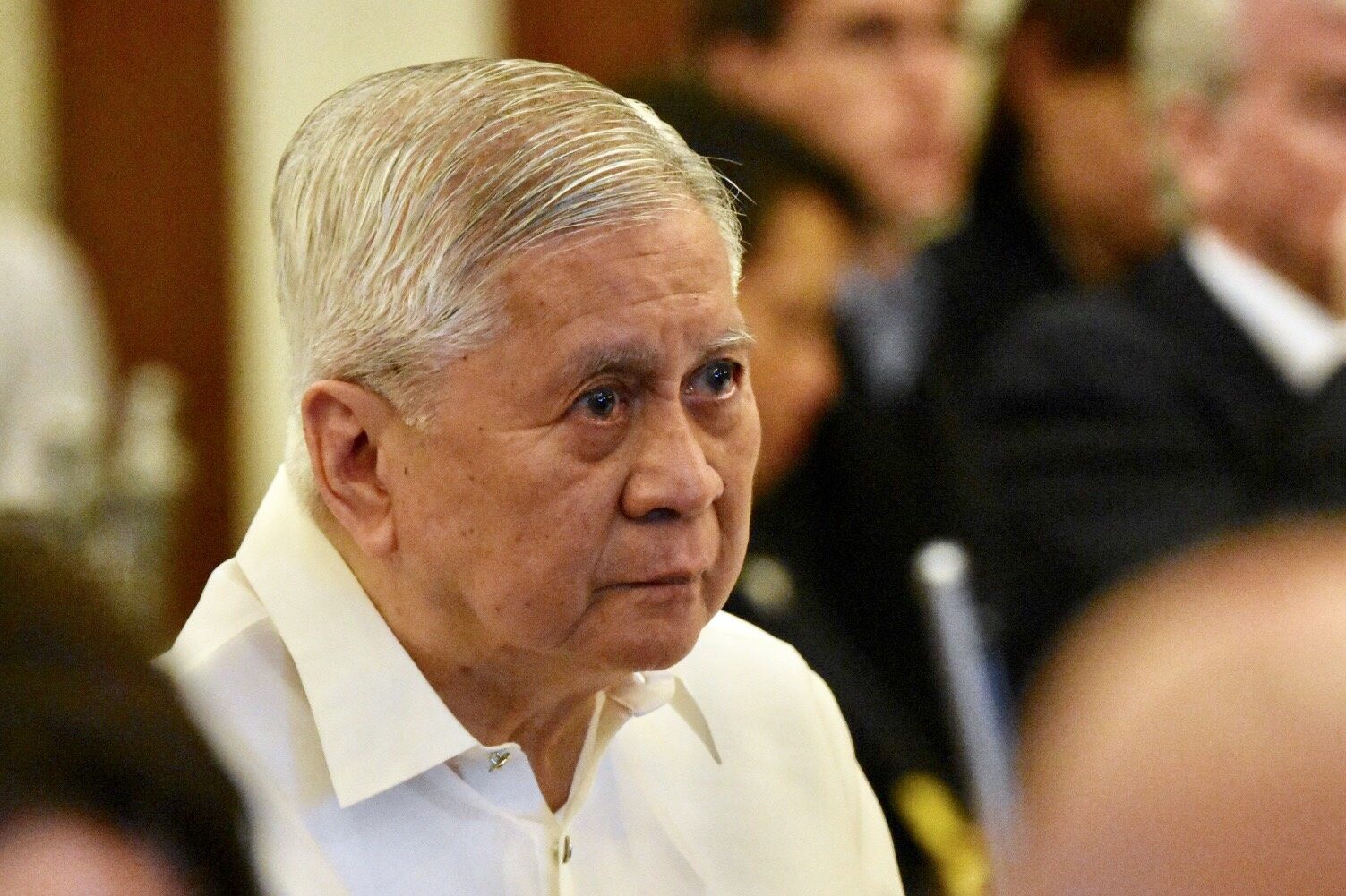SUMMARY
This is AI generated summarization, which may have errors. For context, always refer to the full article.

MANILA, Philippines – Bilateral or one-on-one talks with China “will never work” in settling disputes, said former Philippine foreign secretary Albert del Rosario, as he pushed for engaging Beijing through multilateral settings or those that involve third parties.
“Bilateral exchanges with China in terms of settling disputes has never worked. It will never work. They are the elephant in the room, and the only other person in that room with that elephant is you,” Del Rosario said in a Rappler Talk interview with Marites Dañguilan Vitug on Monday, July 16.
“You will obviously get nowhere with them so you are not looking for a bilateral engagement. You are looking for a multilateral engagement,” he added.
It was Del Rosario’s first sit-down video interview in 3 years, and his first ever under the two-year-old Duterte administration.
The interview was done a week after the Philippines marked the second anniversary of its legal victory against China at The Hague.
The interviewer, an award-winning journalist who is Rappler’s editor at large, is set to launch a landmark book on the Hague ruling, titled Rock Solid: How the Philippines Won Its Maritime Case against China.
Del Rosario – along with former president Benigno Aquino III, Acting Chief Justice Antonio Carpio, and Philippine lead counsel Paul Reichler – was also among the interviewees for Rock Solid. (Read the following excerpts from Rock Solid: “Going to the heart of UNCLOS.”)
Del Rosario’s first meeting with Xi
In his interview with Vitug on Monday, Del Rosario illustrated his point by recounting his first meeting with then Chinese vice president Xi Jinping, who would later become China’s president.
Referring to Xi, Del Rosario said, “He was of course very intimidating, very powerful, even then.”
Del Rosario said he and Xi then talked about the South China Sea, and “immediately he asserted that they had indisputable sovereignty” represented by China’s 9-dash line, a demarcation to claim the South China Sea.
Del Rosario said he told Xi “very respectfully” that they can pursue “a regular bilateral agenda” that covers economics and people-to-people ties, among other things.
“I said we can pursue that on a regular channel and let us abstract the contentious issues and we’ll be okay with that separately. And he was very quick to cut me off and said no, there is no dispute, we have indisputable sovereignty,” Del Rosario said.
On the Philippines’ victory against China at The Hague, Del Rosario said he and other West Philippine Sea stalwarts “were very happy and elated.”
“I thought that all Filipinos should be delighted with this victory. We found out surprisingly that the government was unhappy. We couldn’t understand why until we learned that they were apprehensive about displeasing China,” Del Rosario said. – Rappler.com
Add a comment
How does this make you feel?
There are no comments yet. Add your comment to start the conversation.